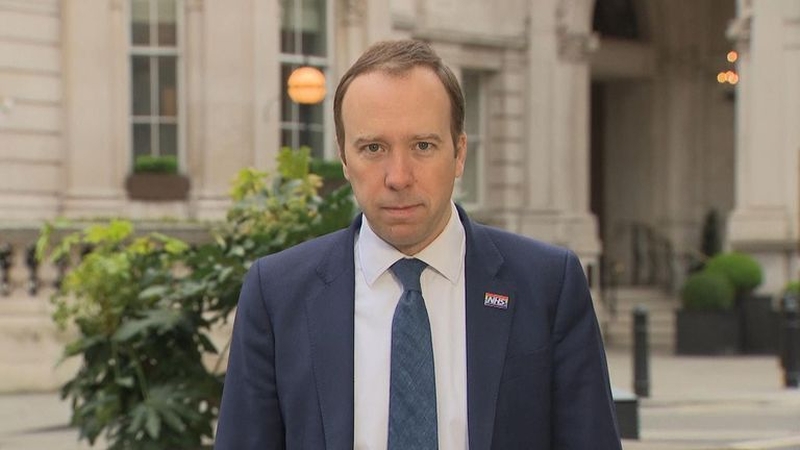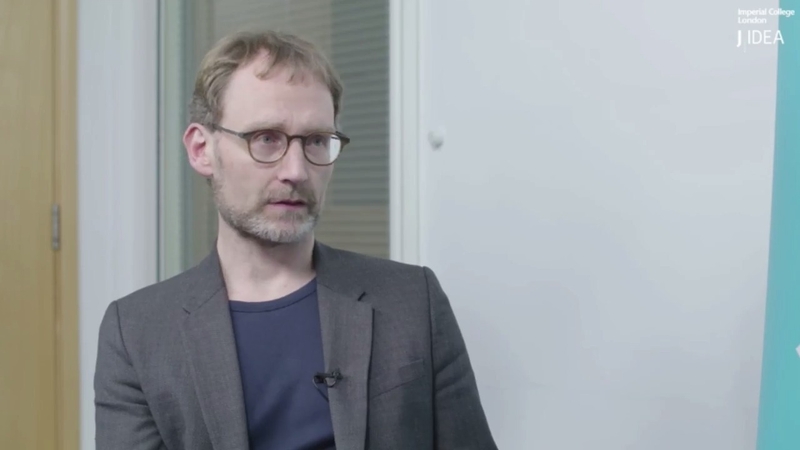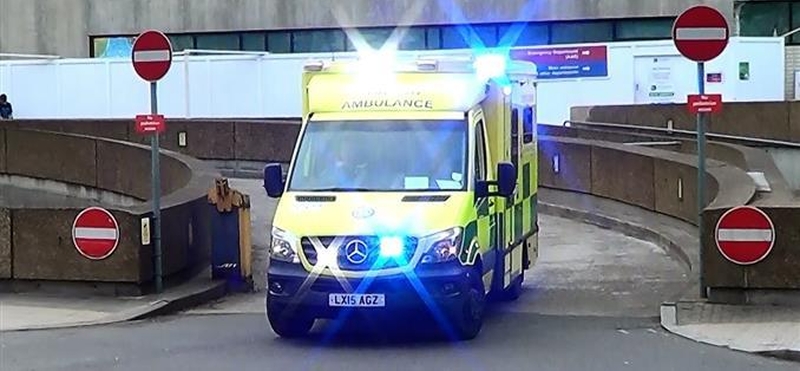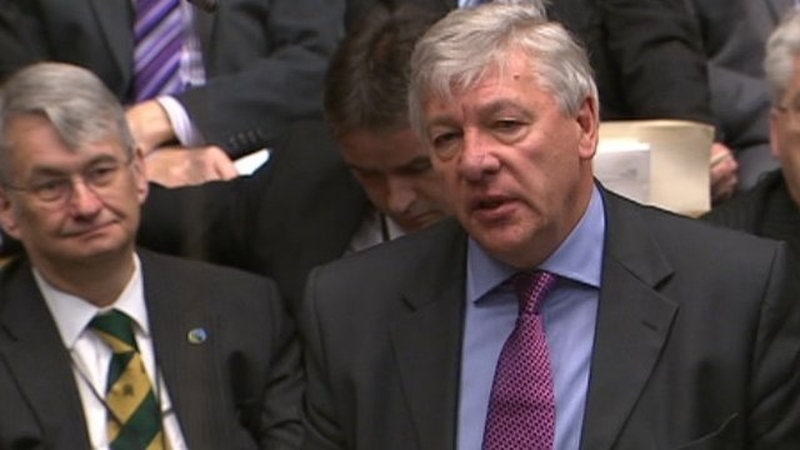The government is using ‘guided by the science’ as camouflage for difficult political decisions
The government invariably responds to difficult questions during the COVID-19 crisis with the mantra that they are ‘guided by the science.’ This sounds reassuringly authoritative and exact to a public brought up on the precision of the science that enables rockets to arrive, as scheduled, to survey the moons of Saturn. However, the scientific advice given to government to predict the impact of this new and lethal virus on the United Kingdom’s population has nothing like the exactitude of rocket science. It is definitely not rocket science.
Ministers have been too cowardly to level with the public and explain that today’s decisions will inevitably mean more deaths in the near future
The House of Commons Science and Technology Committee, of which I am a member, have now taken evidence from the experts advising the government. Their conclusions have a large degree of uncertainty and can vary wildly. Estimates of the number of COVID-19 deaths have varied from below 20,000 to half a million.
Worse than this the models used to calculate these estimates did not include estimates of the collateral damage caused by focusing on increasing intensive care capacity and locking down the population. For instance, cancer treatment has in many cases been halted and people showing the first indications of cancer remain untested. Infections in care homes were also omitted from the calculations.
The NHS has effectively been closed for business apart from COVID-19 cases and Accident and Emergency. Even patients with serious conditions such as minor heart attacks and strokes are staying away from casualty departments. North Manchester General Hospital has seen attendances drop by 80%. Nationally bed occupancy is at less than 50%.

The government is using ‘guided by the science’ as camouflage for the difficult political decisions that they are being forced to make. These are literally matters of life and death. Ministers have been too cowardly to level with the public and explain that today’s decisions will inevitably mean more deaths in the near future.
To make matters worse the government has had to be forced to make public the membership of its scientific advisory committee. It still hasn’t published the scientific papers on which the committee’s recommendations were based. Surprisingly there is no economist on the committee. Unsurprisingly, although the members are distinguished in their own fields, they are overwhelmingly from the Golden Triangle of London, Oxford and Cambridge and a majority are government employees. This has the unpleasant smell of a government clique rather than objective selection.

We are here only talking of direct health consequences. Poverty kills just as surely as viruses and the economic consequences of the government’s decisions are going to increase deprivation.
According to recent polls the government retains the overwhelming support of the public. Fear is driving this support, as it has driven people away from casualty departments. However, the wicked combination of secrecy and cowardice is likely to lead to a huge backlash when the full extent of the collateral damage is known.
David King, the chief scientific advisor to the government between 2000 and 2007, has taken up the cudgels against both the secrecy surrounding the advice and the narrowness of its base. He has set up an alternative advisory committee. This is in the true spirit of science where methods, analysis and conclusions can be challenged.
The once ever-present Professor Neil Ferguson (the epidemiologist from Imperial College and the government adviser who has been found to be too important to take his own advice) was wrong with his projections on the likely number of deaths from BSE. David King made a colossal mistake when he advised the government to give tax relief on diesel cars. This led to a trivial reduction in the physiologically harmless greenhouse gas carbon dioxide, an increase in the poisonous oxides of nitrogen and undoubtedly an increase in premature deaths.
This doesn’t mean that these two scientists are bad scientists, but they are subject to personal choices in their methodology and recommendations: if the science remains secret it can’t be tested and improved.
The membership of the scientific committee has the unpleasant smell of a government clique rather than objective selection
This crisis is not of the government’s making. There were no easy choices and very few good choices for the government to take. A viral pandemic has been at the top of the cabinet office’s risk register for many years and the country’s lack of preparedness in terms of ventilators, personal protective equipment, numbers of intensive care beds etc. can be blamed on the government.
Even starting from here one could expect the government to rise above the norms of political discourse. In this they have failed. They have distorted statistics. Of course Hancock did not reach 100,000 tests a day and he still hasn’t. Sending tests out in the post is not testing. Not acknowledging openly that the decisions taken will kill cancer patients and others is shameful, as is the neglect of the elderly in care homes. Together with Public Health England they have failed to explain on what basis they stopped contact tracing.

I can’t be the only person who thinks that their strapline ‘Save the NHS’ used at every press conference is an attempt to overcome the public’s chronic lack of trust in their stewardship of the NHS. I support the clinicians and other NHS workers and the NHS principle of treatment free at the point of need.
I do not support the current structure of the NHS brought in by Andrew Lansley. This has led to unnecessary and inefficient marketisation and privatisation via the backdoor of Clinical Commissioning Groups. This structure is one of the reasons this country has been less effective than other countries in defending us all against this pandemic. The government’s continuing embrace of politics as normal will prove to be counterproductive. As the truth gradually emerges the high levels of trust will be eroded and the fight against this deadly disease will be fundamentally undermined.

Graham Stringer is an occasional columnist for Manchester Confidential. He is the Labour Member of Parliament for Blackley and Broughton with a majority of 14,402 after the 2019 General Election and also a member of the House of Commons Science and Technology Committee. He was elected to Parliament in 1997. Until 1999 he was on the Environment, Transport and Regional Affairs select committee, then was a Labour government whip and subsequently a member of the Transport Select Committee in the last years of Labour government. Prior to parliament he was the Leader of Manchester City Council from 1984-1996. He is credited for being a principal agent in the return of city confidence and Manchester's regeneration.















